Jakarta, MINA – The of Saudi Arabia in Jakarta holds the peak celebration Arabic Language Day International at the Auditorium of the Institute for Islamic Knowledge and Arabic (LIPIA) Jakarta on Monday.
World Arabic Language Day is celebrated every December 18 to coincide with the day in 1973 when the United Nations (UN) General Assembly adopted Arabic as the sixth official language of the UN organization.
The Ambassador of Saudi Arabia to the Republic of Indonesia Faisal bin Abdullah al-Amudi and Director of the Arab Science and Islamic Institute (LIPIA) Syaikh Dr. Walid Al-Othman gave a speech at this activity.
The celebration of Arabic Language Day itself was attended by a number of Ambassadors and representatives from Arab countries. These include the Ambassador of the United Arab Emirates, the Ambassador of Bahrain, the Ambassador of Syria, the Ambassador of Algeria, the Ambassador of Yemen, the Ambassador of Palestine, the Ambassador of Tunisia, and the Ambassador of Sudan.
Also Read: Global Movement to Gaza to Hold Coordinated Rallies in 13 Cities on International Day of Solidarity
In his speech, the Arab Ambassador to Indonesia appreciated the positive commemoration of Arabic Language Day. According to him, this commemoration also marks Indonesia’s closeness to countries in the Middle East region that speak Arabic.
“This commemoration is a manifestation of how much the Saudi Arabian government provides its support for the development of the Arabic language in Indonesia. “As we know, Arabic entered the Republic of Indonesia in the 7th century, along with the spread of Islam, which means it has been 14 centuries,” said Al-Amudi.
He said that Arabic was a language that united various ethnic groups during the Jahiliyyah era until now. Arabic has even become an international language, used as a language of communication at the United Nations (UN).
“Arabic language does not belong to the Arab nation or Muslims alone, but to all people. This can be seen from its use in prayer and communication between nations. “The orientation of learning Arabic is a matter of choosing which field and abilities you have,” he said.
Also Read: UN Urges Urgent Action as Human Trafficking Fears Rise in RSF-Controlled Fasher
The Saudi Ambassador also said that in preserving and popularizing Arabic in Indonesia, his party would continue to increase opportunities for cooperation between Indonesia and Saudi Arabia to develop teaching and knowledge of Arabic as an international language. Another goal is to advance Islamic values and science through Arabic.
On that occasion, Ambassador Al-Amudi also expressed his appreciation for the contribution and support for journalists who want to learn and deepen Arabic.
During this activity, there was a festival of speech performances, poetry, and poetry readings as well as Arabic dramas performed by LIPIA teachers and students.
Popularizing Arabic
Also Read: Russia Warns Trump’s Gaza Plan Could Enable “Uncontrolled Experiments” on Occupied Territory
One of the facilities built by the Saudi Arabian government to popularize the Arabic language is an educational institution with the role of the Institute for Islamic Sciences and Arabic Language (LIPIA).
according to him, LIPIA is one of the main actors in implementing Saudi Arabia’s soft power strategy to introduce Arabic to the Indonesian people.
LPIA in Indonesia has been established for 40 years with approximately 21,000 alumni.
“We are and have been trying to continue to develop the Arabic language both at home and abroad by building Arabic language learning centers for non-Arab communities,” he explained.
Also Read: Israeli Attack on Syria Kills 13, Including Women and Children
Currently, LIPIA, which is a branch of Imam Muhammad bin Su’ud Riyadh University, has been established in various areas such as Jakarta, Aceh, Medan and Surabaya. In the future there will be another LIPIA branch opening in the city of Padang.
Meanwhile, the Director of the Arab Science and Islamic Institute (LIPIA) Syaikh Dr. Walid Al-Othman explained how important Arabic is in understanding the Islamic religion. Arabic is the original language of the Koran, hadith, and most Islamic religious literature. Understanding this language is the key to understanding Islamic teachings and law in more depth.
“Arabic is the main key to knowing Islamic knowledge and culture. “Without Arabic, Arabic science and literature are difficult to understand,” he said.
Director of the Language Development Center at UIN Maulana Malik Ibrahim Malang, Prof. Dr. M. Abdul Hamid, MA. who were present on that occasion, appreciated the World Arabic Day Celebration held by the Saudi Embassy.
Also Read: Bin Salman: Normalization With Israel Only Possible With Concrete Guarantees of Palestinian State
“In the Indonesian context, studying Arabic is very appropriate considering that the largest Muslim population in the world is in Indonesia, so Arabic is widely taught in kindergartens, Islamic boarding schools, MI, MTS, MA and almost all Islamic universities are also taught,” he said. .
As one of the languages with the fourth largest number of speakers globally, Arabic continues to show very rapid development in the last decade. Quoting data from the Islamic Organization for Education, Science and Culture (ISESCO) 2023, Arabic speakers currently reach 467 million people in a number of countries including Indonesia.
Arabic is the official language of more than 20 countries with the majority of Arabic speakers concentrated in the Middle East. (T/RE1/P2)
Mi’raj News Agency (MINA)
Also Read: Syrian President Rejects Federalism, Says Coastal Region Remains National Priority






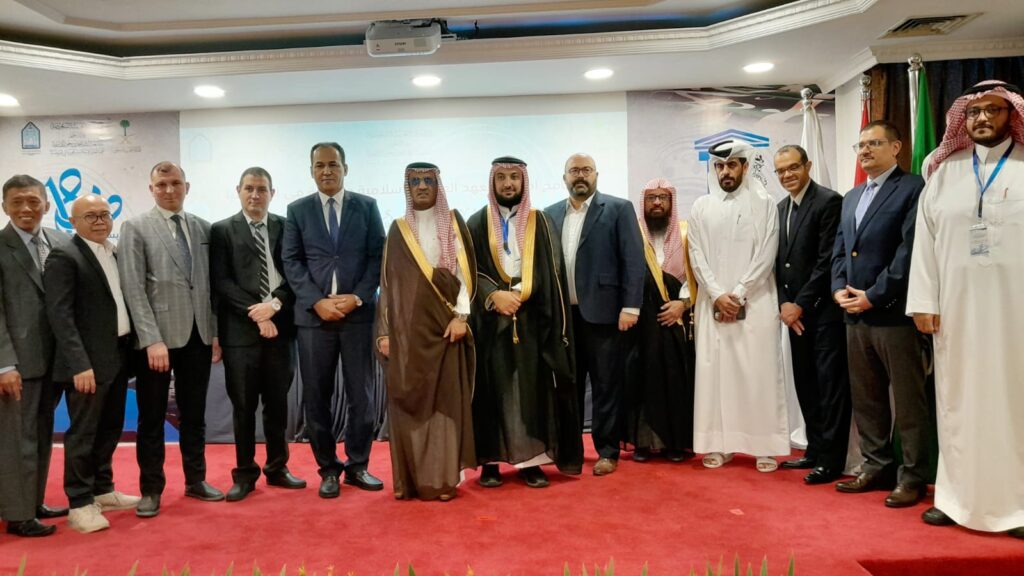


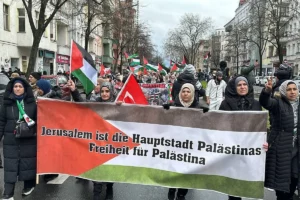

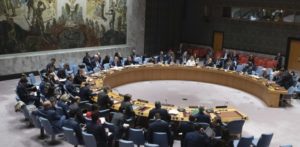

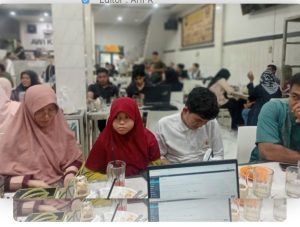
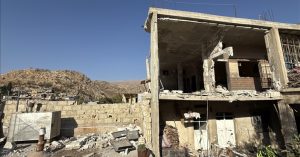
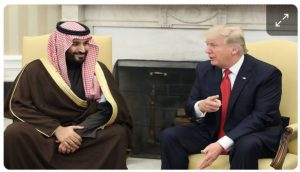
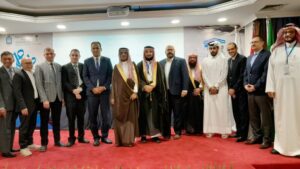
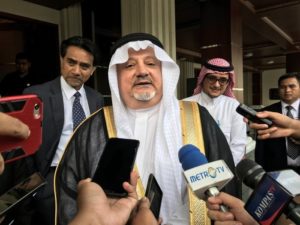
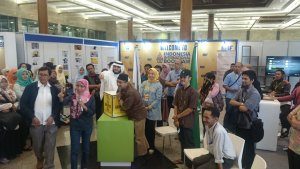
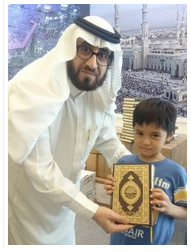














 Mina Indonesia
Mina Indonesia Mina Arabic
Mina Arabic